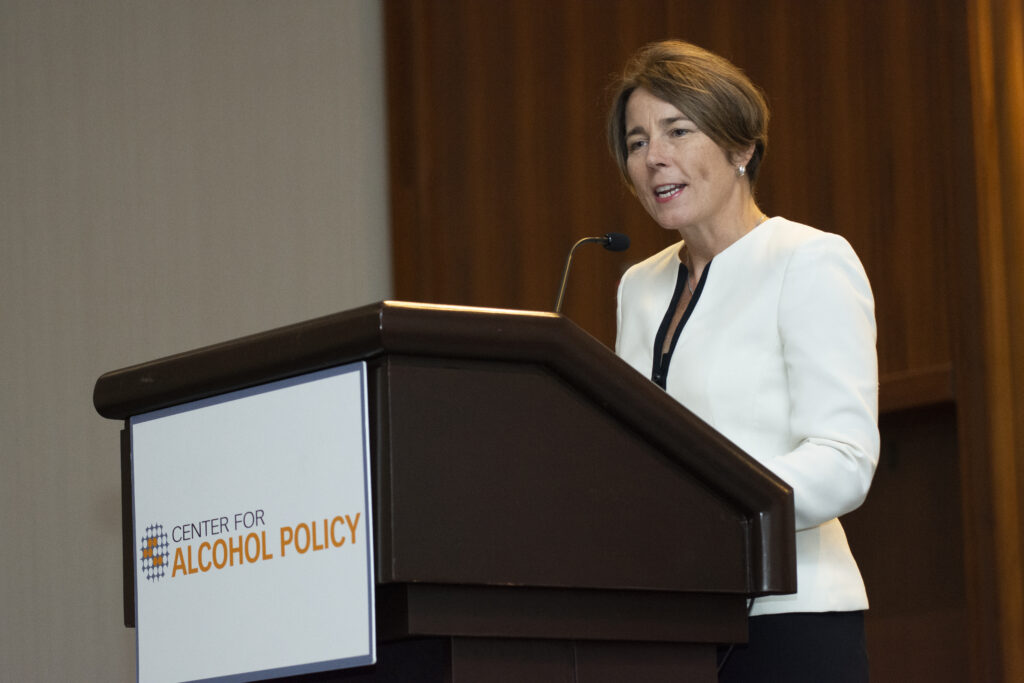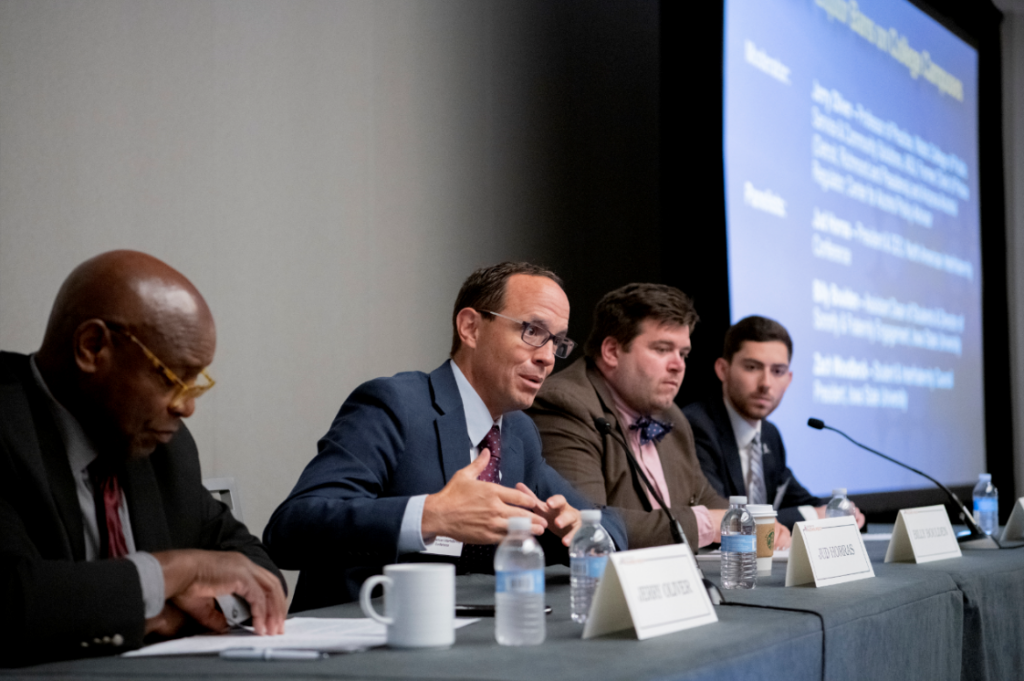Center Holds 12th Annual Alcohol Law and Policy Conference with Record Breaking Attendance
A Message from the Center’s Executive Director
The Boston Red Sox weren’t in town August 25-27, but the city experienced a few home runs anyway. The Center for Alcohol Policy’s 12 Annual Law and Policy Conference (ALPC) was in town with record attendance and a number of highly rated sessions on topics ranging from the impact of the recent Supreme Court Decision nullifying Tennessee’s residency requirements for retail liquor store licenses to the movement of banning the use of alcohol products containing more than 15% ABV at college fraternities and sororities.
The ALPC brings together a wide range of stakeholders in the alcohol policy arena to learn about and discuss trending issues and network with regulators, lawmakers, public health advocates, industry representatives from all three tiers. This year set a record in attendance with 160 registrants from 34 states and feedback received from attendees was off the charts.
MA Attorney General Maura Healey was the conference keynote speaker at Monday’s lunch and hit it out of the park with a sincere appeal to all alcohol policy stakeholders to continue the work of supporting responsible alcohol regulation in our communities. As a former basketball point guard at the NCAA Division I level, she stressed the importance of teamwork and praised the Center for bringing together regulators, lawmakers, public health advocates and industry representatives as a team to combat problems associated with alcohol abuse.

ALPC attendees also heard from pollster Lori Weigel of New Bridge Strategy on the results of the Center’s national public opinion survey on alcohol regulation which found strong, continuing support for state based alcohol regulation and the three tier system.
The impact of alcohol regulation on public health and safety was an important theme running through several of the panel discussions held during the conference. This comes at a time when these public health and safety benefits of state-based alcohol regulation will be instrumental in defending these regulations going forward. As the distinguished panel of legal experts explained in reviewing the recent Supreme Court decision in TWSRA V Thomas, a law’s demonstrated impact on public health and safety will be an important factor in saving it from dormant commerce clause challenges.

A panel of public health advocates presented case studies of where health and safety concerns were instrumental in defeating alcohol deregulation efforts; and other panels explored the challenges of “problem bars,” the positive impact of liquor law enforcement efforts in addressing a wide range of criminal activity including human trafficking and the continuing challenges of illegal direct shipping and cross border sales of alcohol.
The 12th Annual ALPC was indeed a hit with so many alcohol regulation and public health professionals there to witness the value of the Center’s work. We trust that more will do the same in the years ahead!
Sincerely,

Mike Lashbrook
Executive Director, Center for Alcohol Policy
